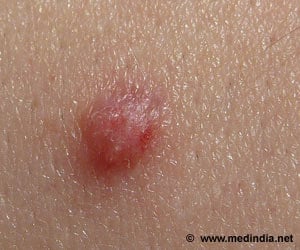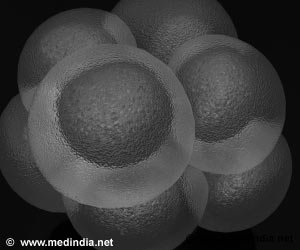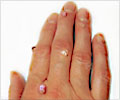Cases of genital warts among young women has reduced by 61 percent in Australia since the introduction of the national human papillomavirus (HPV) vaccination program.

"The results show that the program has been a widespread success," said lead author of the study Christopher Harrison of the University of Sydney.
The HPV vaccination program was introduced in 2007, and the rate of genital wart presentation fell dramatically from 4.33 per 1,000 encounters pre-program (2002-2006) to 1.67 per 1,000 encounters in the post-program period (2008-2012).
Australia was one of the first countries to provide the HPV vaccine free to young women through a national immunization program. The vaccine protects against two major viral causes of genital warts (HPV 6 and 11) and two major viral causes of cervical cancer (HPV 16 and 18). "This is the first study to report the impact of HPV vaccinations on genital warts management in general practice, which is where the majority of cases are treated," said Mr Harrison.
"We looked at women potentially covered by the vaccination program (15-27 years), and the data showed a 61 percent decrease in the management rate of genital warts in the four years after the program started, compared with the four years before the program.
"This is an excellent result as not only do genital warts cause distress in affected patients, but treatment is at a substantial cost to the health system.
Advertisement
"The program has proved to be a great success and of huge benefit to the sexual health of Australia, and has clearly proven to be very worthwhile," Mr Harrison said."
Advertisement















